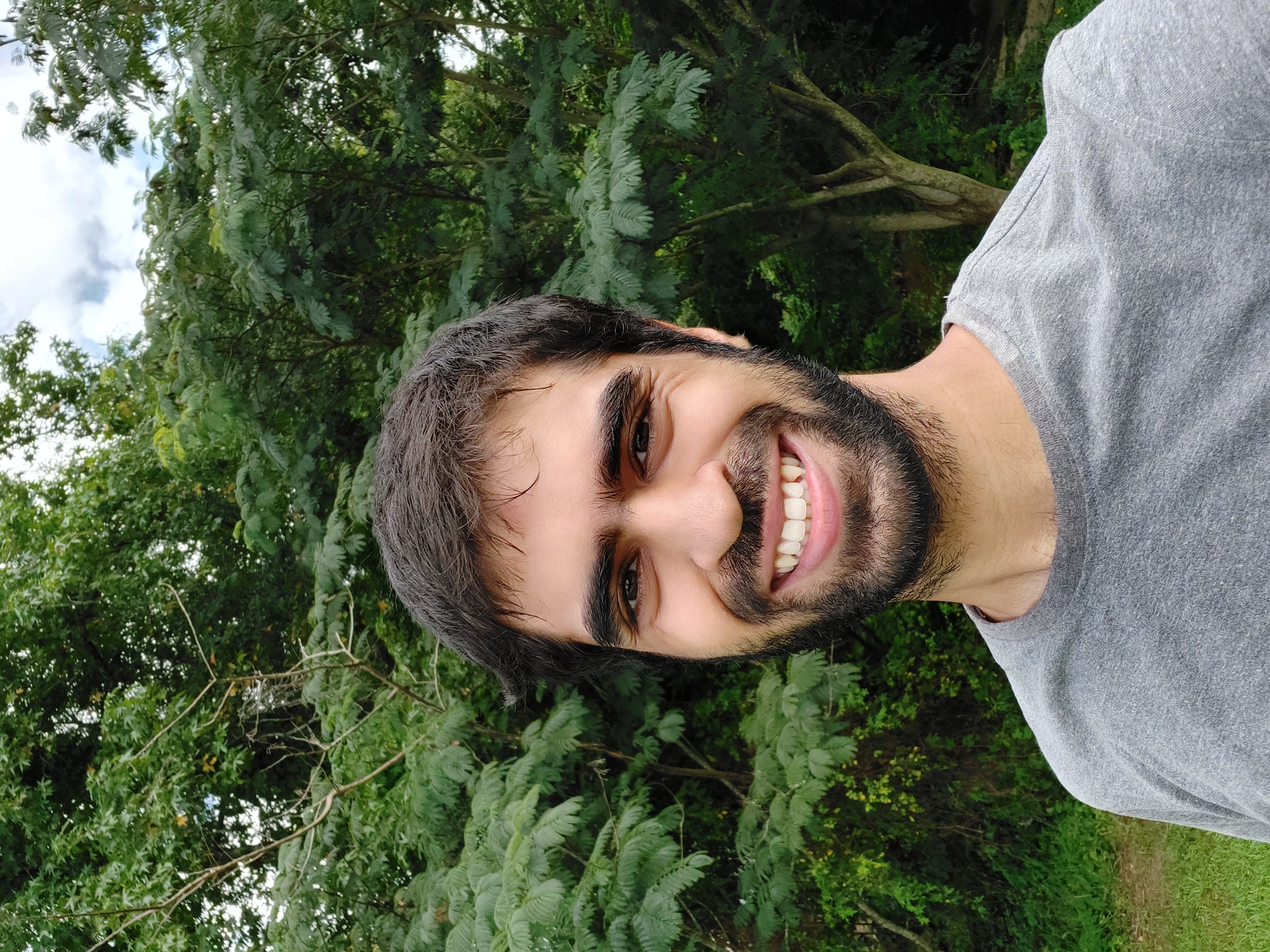|
Hi, nice to have you here! I am a CS PhD student at Georgia Tech, working with the Tandem Lab under the caring guidance of Dr. Neha Kumar. My research focuses on the social impact of AI, particularly how care work and workers could be supported through LLM-based systems. Currently, I am collaborating with Noora Health to design LLMs for global health. My work is interdisciplinary, drawing on theories from global health, NLP, and welfare economics. I use qualitative and quantitative methods, including ethnography, system development, and log data analysis, to evaluate AI's impact on care work. Previously, I worked with Dr. Michael L. Best at Georgia Tech and gained industry experience with the Alexa ASR team at Amazon and the Siri TTS team at Apple. As a Research Associate with Dr. Aaditeshwar Seth at Gram Vaani, I investigated the design of speech-based AI systems to empower underserved communities in India through an Interactive Voice Response platform.
Email / CV / Google Scholar / GitHub / LinkedIn |

|
|
|
|
Aman Khullar, Nikhil Nalin, Abhishek Prasad, Ann John Mampilli, and Neha Kumar In this work, we argue that human-centered evaluations should focus on an AI's ability to expand human capabilities--the substantive freedom AI facilitates in helping individuals achieve their aspirations. Proceedings of the CHI Conference on Human Factors in Computing Systems, April 2025 |
|
Aman Khullar*, Daniel Nkemelu*, V. Cuong Nguyen, Michael L. Best In this work, we propose a data augmentation approach that addresses the problem of lack of data for online hate speech detection in limited data contexts using synthetic data generation techniques. ACM Journal on Computing and Sustainable Societies, Jan 2024 [Talk] [ACM Blog] |
|
Aman Khullar, Priyadarshi Hitesh, Shoaib Rahman, Deepak Kumar, Rachit Pandey, Praveen Kumar, Rajeshwari Tripathi, Prince, Ankit Akash Jha, Himanshu, Aaditeshwar Seth In this work, through an iterative design process and detailed user feedback, we describe several nuances in running voice-based surveys, and compare their accuracy of data collection through equivalent keypress-based surveys. ACM COMPASS, June 2021 [Talk] [Code] |
|
Aman Khullar, Paramita Panjal, Rachit Pandey, Abhishek Burnwal, Prashit Raj, Ankit Akash Jha, Priyadarshi Hitesh, R Jayanth Reddy, Himanshu, Aaditeshwar Seth In this study, we present our findings in terms of the time and cost-savings made through the introduction of these tools, and describe the feedback of the moderators towards the acceptability of AI-based automation in their workflow. India HCI, Nov 2021 and KDD Workshop in Data Science for Social Good, July 2021 [Code and Talk — TBR] |
|
Aman Khullar, M Santosh, Praveen Kumar, Shoaib Rahman, Rajeshwari Tripathi, Deepak Kumar, Sangeeta Saini, Rachit Pandey, Aaditeshwar Seth In this study, we report on the feasibility of running automated question-answering systems in the context of rural and less-literate users in India, accessed through IVR (Interactive Voice Response) systems.
ACM COMPASS, June 2021 [Talk] [Code] |
|
Mira Johri, Sumeet Agarwal, Aman Khullar, Dinesh Chandra, Vijay Sai Pratap, Aaditeshwar Seth This study provides an evolving portrait of the health, economic & social consequences of the COVID-19 pandemic on vulnerable populations in India. Health Promotion International, August 2020 (published May 2021) [Policy Brief] [Talk] |
|
Aman Khullar*, Udit Arora* This paper presents a sequence-to-sequence trimodal hierarchical attention-based model which pays more attention to the text modality and analyzes the use of audio in deep multimodal abstractive summarization architectures. NLPBT Workshop, EMNLP 2020 [Code] [Slides] [Talk] |
|
(*denotes equal contribution) |
|
I aspire to work towards a more just world for all. I draw on Amartya Sen's idea of justice, i.e., the Capability Approach to measure an individual's freedom to do and achieve things they value. I am cautiously optimistic of the role of AI in supporting human capabilities. I believe that technologists have a responsibility to design systems that serve all. If you share a similar philosophy or just want to contact me about my work, I would love to hear from you! |
|
This website is inspired by Jon Barron's template. |